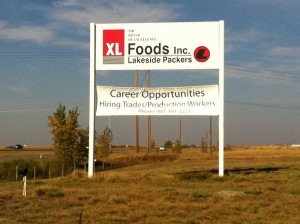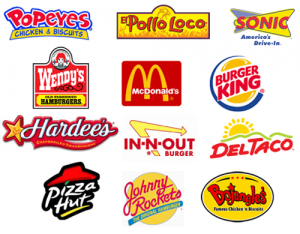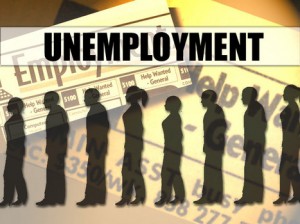The heart and stroke foundation, a non-profit organization had come up with a new niche for their marketing sector of the organization. Many of the things they have done before has been bland and too instructional to capture the attention of young individuals under the age of 35. In addition, statics has shown that the Cardiac Arrest rate has rose from 5% to 6% as Canadians lack the knowledge of CPR. Initially getting this ad campaign to be approved was highly difficult for the organization and in addition the cost of production was $1.4 million however the organization did it for less than 10% of the cost. The organization is mostly dependent on this ad to be known through social media since their budget did not allow television buy.
In contrast to the whole new niche of marketing for the heart and stroke foundation, having a new angle for capturing the attention of the target market and to be able to give out an important message serves a social-interest. Educating Canadians who lack this knowledge is also a valuable skill and everyone would have the ability to “undead” someone. The “in-your-face-style” marketing of this ad campaign is also clever in the since that it reflects itself in the social media world filled with many individuals under the age of 35 and it is also effective since sharing can be done in an instantly.
http://www.theglobeandmail.com/report-on-business/industry-news/marketing/heart-and-stroke-campaign-uses-zombies-to-promote-cpr/article4593241/




